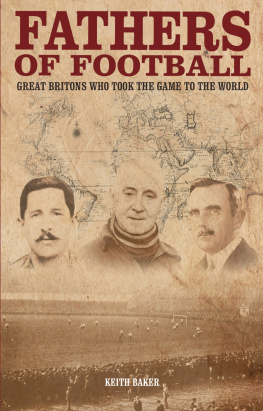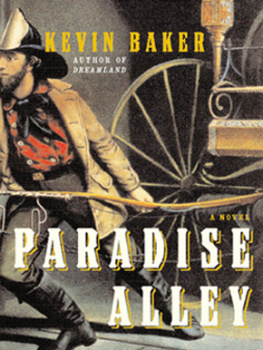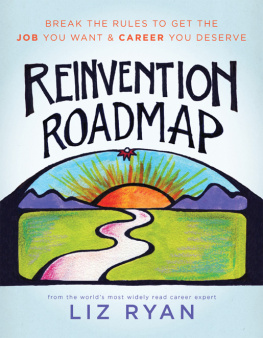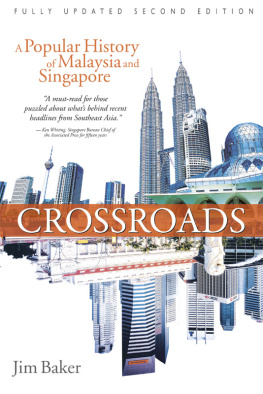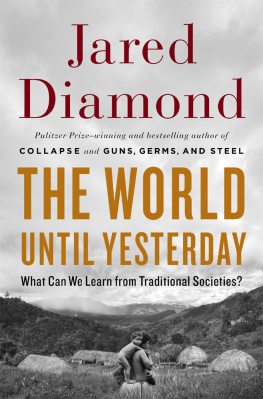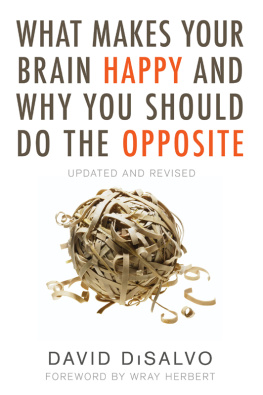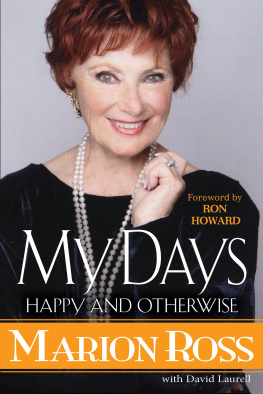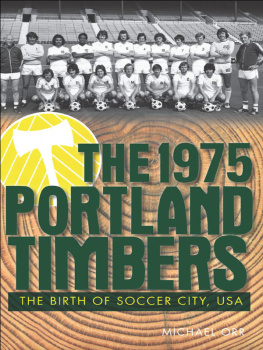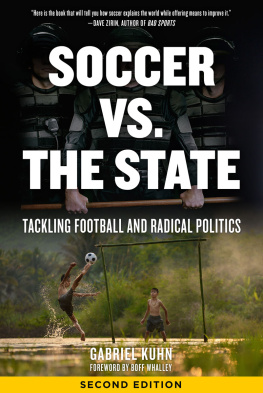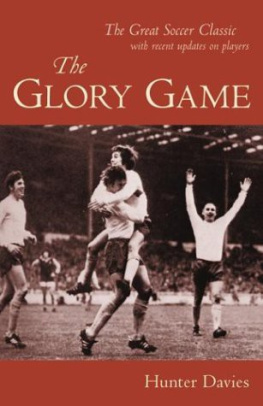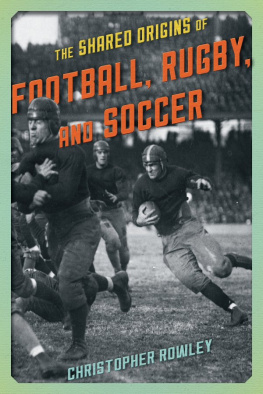DEDICATION
For my sons, Daniel, died 1992, and Edward
First published by Pitch Publishing, 2015
Pitch Publishing
A2 Yeoman Gate
Yeoman Way
Durrington
BN13 3QZ
www.pitchpublishing.co.uk
Keith Baker, 2015
All rights reserved under International and Pan-American Copyright Conventions. By payment of the required fees, you have been granted the non-exclusive, non-transferable right to access and read the text of this e-book on-screen. No part of this text may be reproduced, transmitted, downloaded, decompiled, reverse-engineered, or stored in or introduced into any information storage and retrieval system, in any form or by any means, whether electronic or mechanical, now known or hereinafter invented, without the express written permission of the Publisher.
A CIP catalogue record is available for this book from the British Library
Print ISBN 978 178531-005-8
eBook ISBN: 978 178531-026-3
--
Ebook Conversion by www.eBookPartnership.com
CONTENTS
ACKNOWLEDGEMENTS
I should like to thank all those who have helped me with this book. I have received much assistance from several libraries and archives. I am particularly indebted to the help provided for me from Giovonni Liconti at the Fondazione Genoa 1893, Isabel Peterson at the West Dumbartonshire Libraries and Culture Services, Emma Spenser at Bridgnorth Library, Richard Meunier at the Royal London Hospital Archives and Museum; Fiona Hooper Head Librarian at George Watsons College, Edinburgh, and Mary Pointer, Librarian at Blackburn Central Library. I am grateful, too, to The British Newspaper Archive for access to countless newspapers stretching back over 150 years.
In addition I should like to express my thanks to the following individuals for the invaluable help and material of a personal character which they willingly supplied me about some of the characters making up the book. Estela Rueda, Director of the English High School, Buenos Aires, in relation to Alexander Hutton; Hannah Charnock and Rosemary Edridge as regards the Charnock brothers; and Michael Witty and Ann Harrison for information about the Witty Brothers. Acknowledgement and thanks are also due to my close friends Richard Ashdown and Rob Evans for their valuable advice and encouragement at the various stages of the book. I want to thank all those involved at Pitch Publishing, especially the editor Paul Camillin, who responded positively to my proposal for the book. The author and publisher are most grateful to the publishers and holders of copyright for the use of quotations drawn from the many books, articles and illustrations used in preparing this book.
I am deeply grateful to my wife Sarah for the encouragement she has given me, for reading the manuscript and making many useful suggestions for improvement.
INTRODUCTION
F OOTBALL is the worlds most popular team sport. It attracts colossal audiences, huge media attention and enormous sums of money. It is a universal sport played in many different lands by millions of men, women and children on village greens and waste land, in the slums of city streets and in cathedral-like stadiums.
Many countries have been eager to claim that the origins of the game belong to them. In Britain, some say that the game has Anglo-Saxon origins, and the story goes that the game was played for the very first time with the severed head of a vanquished Danish prince. And there is an even earlier claim that it was part of a victory celebration in Derby in the third century following a battle against the Romans [http://www.footy4kids.co.uk/history_of_football.htm]. Worldwide, there are early accounts of games involving the kicking of a ball whether in Greece, Rome, China, Japan or elsewhere. However, they were invariably localised customs, made primarily for personal amusement, and often short-lived pursuits which differed widely from place to place.
What is beyond doubt is that the modern game of football so popular today was fashioned and forged in Britain during the last half of the 19th century, where it became the nations game before becoming a world game. It was the Victorians who had brought order out of chaos and produced a game which was easily transferable and would follow the British wherever they went in search of trade, commerce or conquest.
In a remarkably short period of time, just the two decades before the First World War, football took root overseas and was being played to an increasingly skilled standard in countries in Europe and South America. At a basic level, the spread of football was undoubtedly helped by its practical appeal a sport simple to learn, can be played on different surfaces, not expensive to start and exciting to play. Popular accounts tend to place the British Empire at the heart of the global spread of football. However, it has now become accepted that the reasons behind the spread of the game are a more complex process, often involving a mix of economic, social and cultural factors, as well as the heroic efforts of a few pioneers.
The Fathers
It is assuredly the case that wherever a British community was established overseas for whatever reason there would be a very good chance that football would soon follow. However, there is a group of British individuals whose contribution to the development of football overseas mark them out as truly exceptional. All had a passion for the game but their contribution took many forms. Some were responsible for the founding of clubs that would later become world famous. Others brought revolutionary changes as to how the modern game should be played, and again others laid the foundations crucial to organised football its governing bodies, leagues and cup competitions.
Importantly, all the men who appear in the following pages have become celebrated as Fathers of Football by the clubs and the countries where they lived, worked, and in some cases, died. In stark contrast, in Britain their achievements, apart from a very few exceptions, have been largely ignored, and indeed sometimes disparaged. Sadly, they are indeed prophets more honoured abroad than at home. By following their lives overseas, their careers and achievements, this book tries to rectify the balance.
Bringing Order From Chaos
Before considering more about the growth of football overseas, it is worth tracing how the modern game in Britain evolved and the influence it had on the individuals portrayed in this book.
Virtually all of them grew up soon after the game of football had undergone significant changes from its earlier forms. In medieval Britain, football, or what more accurately came to be branded as mob football, was a popular activity for annual carnival days, notably on Shrove Tuesday, traditionally a half-day holiday. Games took place in the streets between what were effectively marauding bands of young men from neighbouring towns and villages. There was no limit on the number of players games could be made up of hundreds of players and any rules, such as they were, differed from place to place.
The earliest references frequently highlight the sports physical toughness and violence. Tripping and kicking of shins was allowed and there were many broken legs and other injuries, and even fatalities. The games often ended in riotous scenes which inevitably attracted the attention of the authorities. It was condemned as a game for the peasants, in that it was inciting violence and was harming the practice of archery and other military skills.

